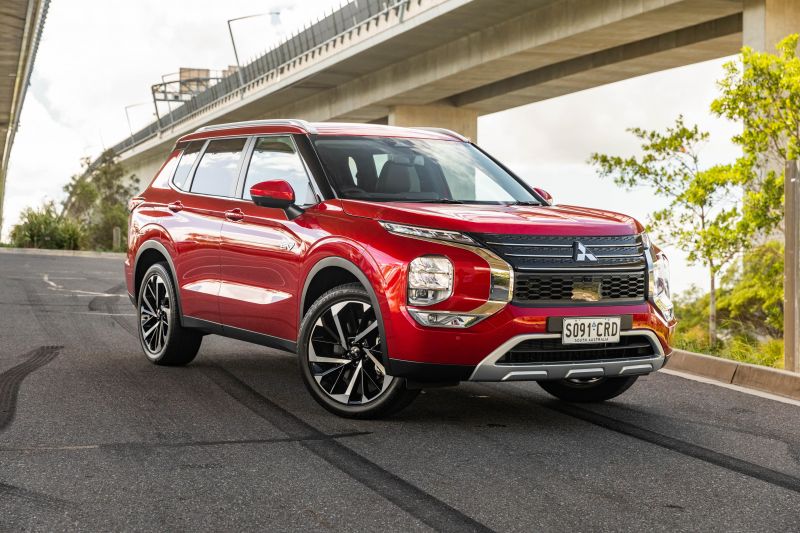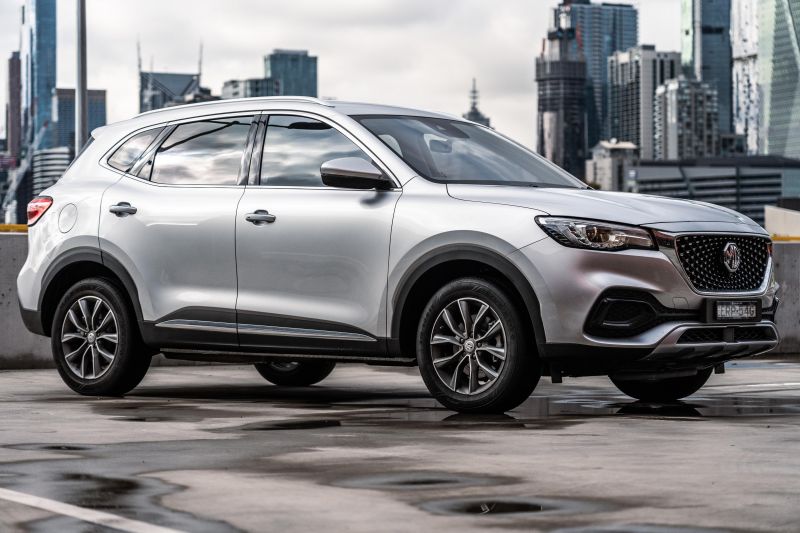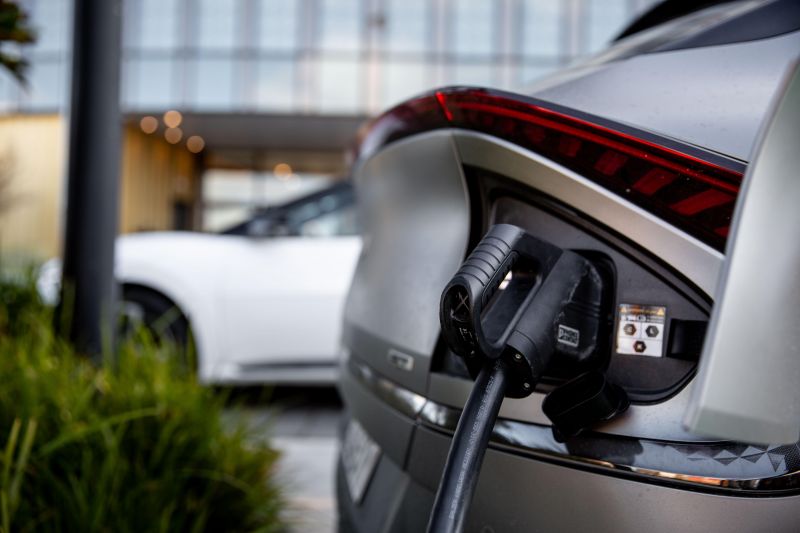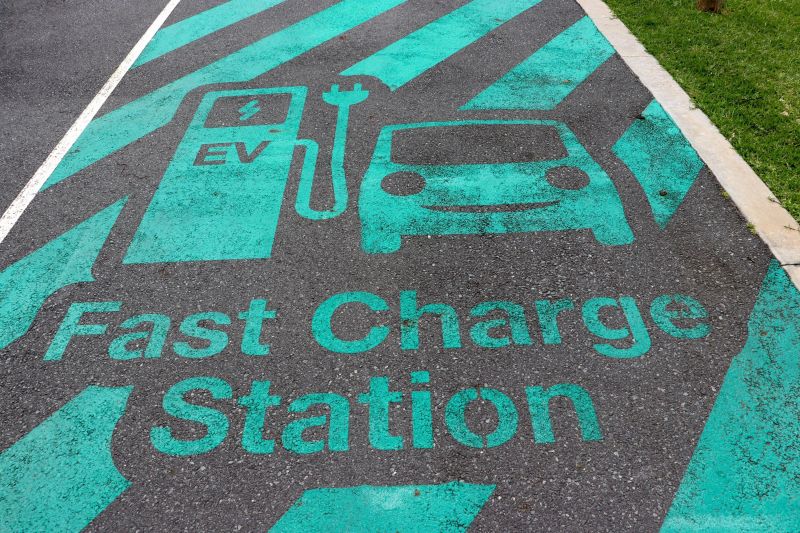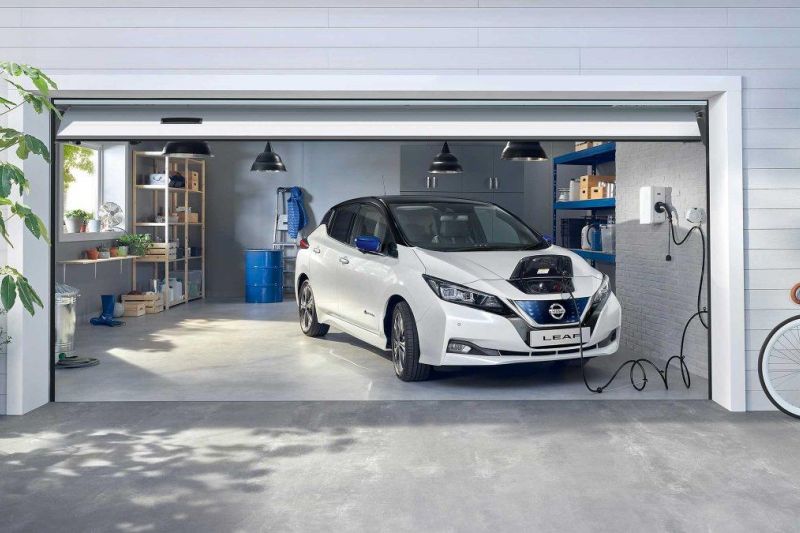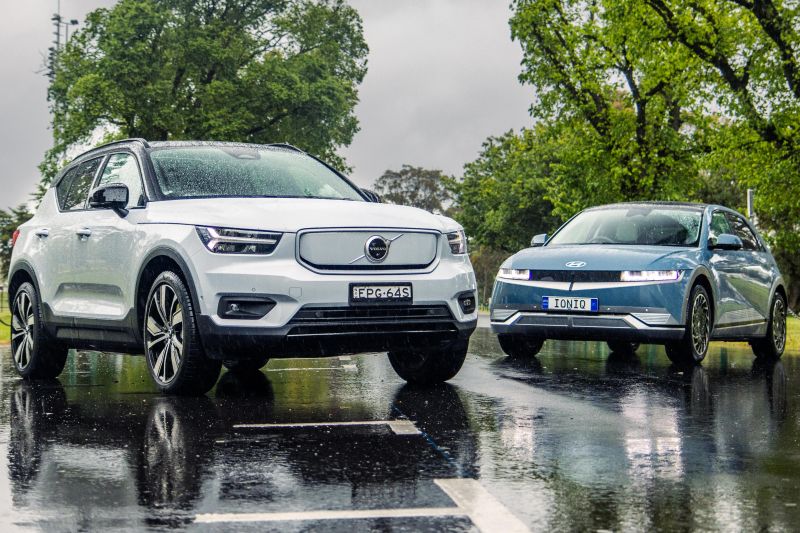The Albanese Labor Government has secured the support of the Australian Greens and Senate independent David Pocock for its electric vehicle (EV) incentives bill, though not without a couple of amendments.
The Greens, Senator Pocock and the Government have agreed to the following amendments to the Treasury Laws Amendment (Electric Car Discount) Bill:
- Sunsetting support for plug-in hybrids on April 1, 2025
- Prioritising electric vehicles in the Australian Government’s fleet procurement policy by removing plug-in hybrids except in “exceptional circumstances”
With the amendments sought by the Greens secured, its senators will support the EV bill being passed in the Upper House this week along with Senator Pocock.
The Greens also say the ATO will issue guidance on when household charging technology can be included within fringe benefits tax-exempt vehicle packages.
“The Greens have fast-tracked electric vehicles,” said Greens leader Adam Bandt.
“The government fleet will go electric, and when these cars are sold second hand, it will help bring the cost down of EVs for everyday people.
“By limiting handouts to petrol cars and accelerating support for electric vehicles, the Greens in balance of power have pushed the government to go further and faster on climate.
“This shows the power of the Greens in pushing Labor to go further and faster on fossil fuels.”
Rather than focusing on direct rebates like many of Australia’s States do, the bill centres around tax breaks to cut prices and drive take-up.
The legislation exempts low-emissions cars from fringe benefits tax (FBT), potentially saving employers and private vehicle operators thousands.
This proposed ongoing FBT exemption was originally set to apply to battery-electric vehicles (BEV), hydrogen fuel-cell electric vehicles (FCEV), and plug‑in hybrid electric (PHEV) vehicles, and be reviewed after three years.
MORE: Luxury Car Tax thresholds increased, FCAI slams ‘poor tax’
To qualify, the low-emissions vehicle must have a first retail price below the current relevant luxury car tax threshold of $84,916 (for 2022‑23), and have been first made available for use on or after July 1 of this year – meaning the legislation will be backdated.
The Labor Government claims an employer offering a circa $50,000 EV to an employee as a fringe benefit could save up to $9000 a year.
It also claims that individuals using a salary sacrifice arrangement to pay for the same model could save up to $4700 a year.
Beyond this bill, the incumbent Labor Government also intends to remove the current 5.0 per cent import tariff for eligible EVs that aren’t already subject to a free-trade agreement – meaning vehicles supplied from Europe.
“The transport sector is one of the fastest‑growing sources of emissions in Australia and the stronger uptake of electric vehicles can make a substantial impact in our efforts to tackle climate change,” the government said.
“Importantly – as families struggle with the rising cost of fuel – encouraging more affordable EVs into the market is an important step in addressing transport costs over the medium term and building resilience to global oil prices.
“Yet, right now Australia lags far behind our international peers when it comes to electric vehicle use. This legislation will encourage greater take up of electric cars and contribute to reducing transport emissions.”
The Electric Vehicle Council has praised the new incentives today.
“This is a landmark moment for EV policy in Australia. It’s a powerful demonstration of how far we’ve come in just a few short years,” said chief executive Behyad Jafari.
“This bill will allow thousands more Australians to get behind the wheel of an EV where they can access the benefits of lower fuel bills, cutting pollution, and an enjoyable driving experience.
“Making new EVs easier to buy will turbocharge the creation of a strong second-hand market for EVs, which is vital for affordability.
“If the federal government combines this bill with new fuel efficiency standards we will soon see a market develop in Australian through which everyone will be able to enjoy the benefits of EVs.
“By achieving stronger EV uptake we will significantly lower Australia’s carbon emissions and reduce our precarious dependence on foreign oil.
“On behalf of the electric vehicle sector I congratulate the government, and the crossbench senators, for striking this deal in the national interest.”
In further recent EV policy news, the federal government says it has received more than 500 submissions to a discussion paper designed to shape the country’s first, long-awaited National Electric Vehicle Strategy.
Minister for Climate Change and Energy Chris Bowen revealed the number of submissions on Twitter, adding the government would “be working through these closely over coming weeks and months”.
The discussion paper on Australia’s first national EV policy – to augment the current myriad state-based rebate and tax break plans – was released in late September.
The full 18-page consultation paper, which you can read here, took submissions until October 31.
MORE: Australia’s best-selling EVs in the first half of 2022
MORE: Why the car lobby wants more CO2 regulation from new government
MORE: What electric car buyer incentives are offered across Australia?

